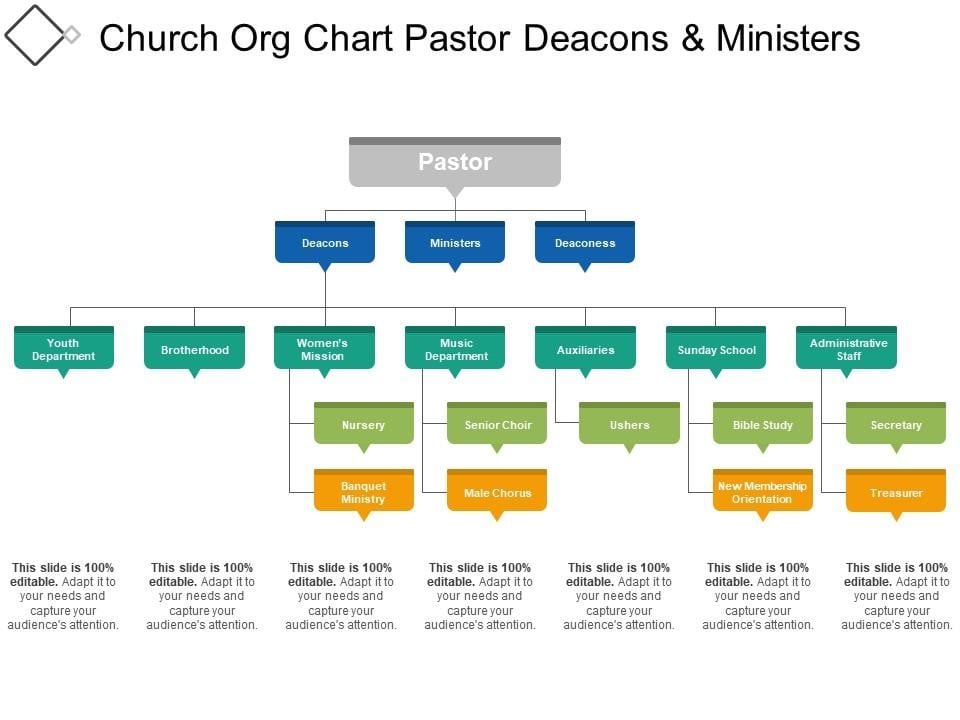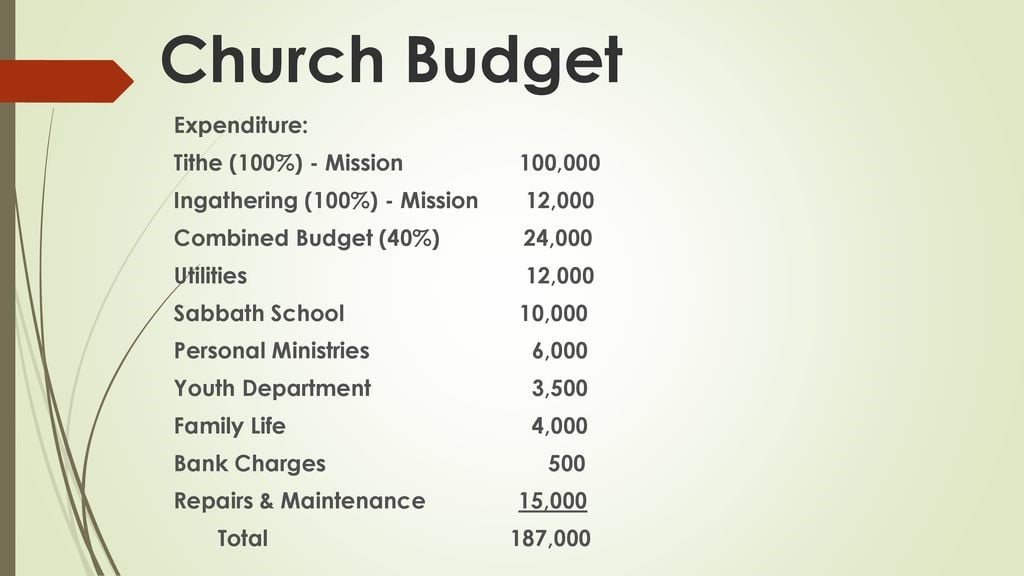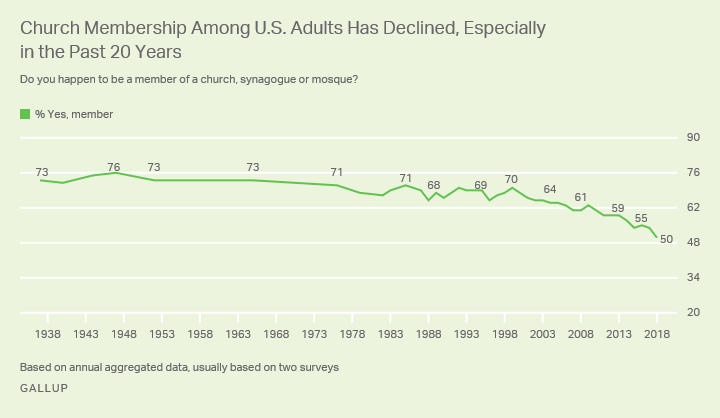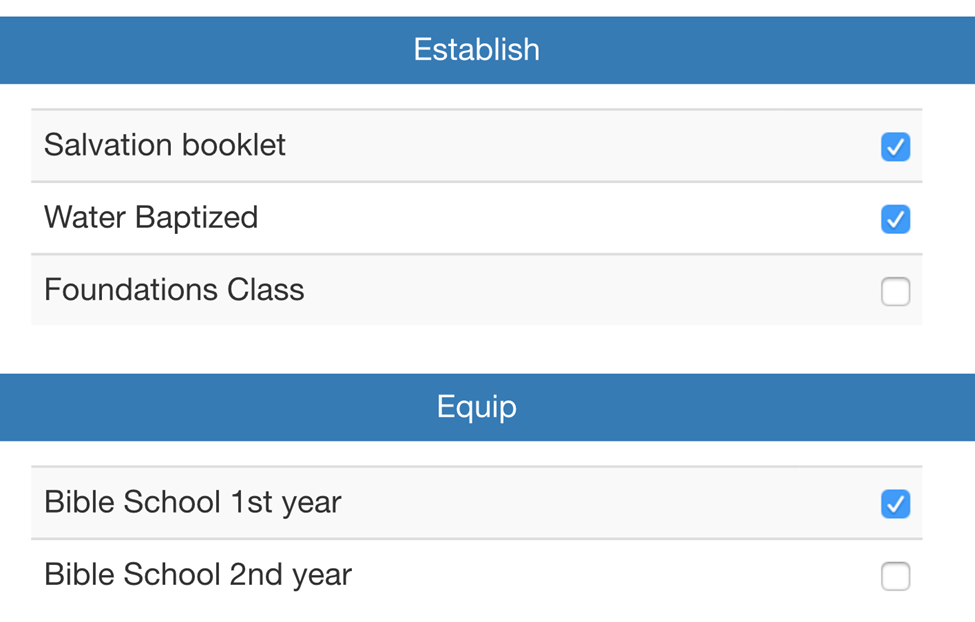Church administration is one of those topics that feels massive but often gets overlooked. Without clear systems and leadership in place, though, it’s easy for the everyday work of the church to get chaotic:
- Your staff can feel directionless or stretched too thin.
- Church resources may not align with your mission.
- Critical opportunities for ministry may slip through the cracks.
These issues arise because we often focus on Sunday services while de-prioritizing the behind-the-scenes organization that keeps the mission thriving. That’s why understanding what church administration is matters. This article will unpack the essentials so your leadership can stay focused on what matters most: loving God and loving others.
As pastors, we carry responsibility for the successful administration of our churches. While there are some incredible software tools for managing your church available, nothing can replace a good grasp of the fundamentals of church admin.
I’ll cover:
What Is Church Administration?
Our working definition of church administration will be this: to organize the resources and people of the local church to love God and love others.
There are many resources and church administration training options available, whether your admin team is helping with church management, church finances, or church community.
Church Management: More Than Just A Church Budget

When church leaders think about managing a church, 9 times out of 10 they are immediately starting to drift towards managing the church budget.
We need to steer clear of these thoughts, though, because it isn’t just worrying about the upkeep of the ministries and the church building, but about the organizational structure of the local church in order to fulfill its mission of building the Kingdom of Jesus Christ.
The books of Titus and 1 Timothy give some clear instructions on organizational leadership within the local church, outlining the need and role for both Elders and Deacons within each church community. However, it is truly the words of Jesus in Matthew about the greatest commandments, which are to love God and love others as yourself.
Contrary to what others might think about answering the question of “what is church administration?” it is not a question of creating more complicated organizational structures within your church, but of making these two commandments the goal of every step of the administrative process. That is what we will strive for in the rest of this article.
Church Finances: More Than Financial Resources

We have established that one part of defining church administration is to define our church operations through the lens of loving God and loving others. The next logical consideration is how we include things generating accurate, actionable church finance reports, like fundraising, outreach, and even staff members within this context. NOTE: this is typically the realm of the church finance committee.
If we think carefully about the ways in which we choose to love God and love others, as Jesus commands, then these questions can become much simpler. The issue is, we rarely allow them to be.
If we can ask ourselves, as church leaders, “is there a better way to spend this money that would show more love to both God and others?” then we are already halfway to making the better choice.
Do we really need nicer bulletins? Consider: will this be a greater act of love towards God and/or others than another option?
Is it more loving towards God and/or others to allocate funds to more church events? Or is there a better way to spend these funds?
However, when we think through church administration through a defined organizational structure with these two commands to love God and love others, then we should be starting to realize we have far more than mere financial resources to allocate.

Managing the church budget needs to also include the non-financial resources we can use to love God and love others.
For example, I once worked at a church that had more offices than staff members.
So they turned one office into a food pantry, got a fridge and chest freezer donated, and started reaching out to the single moms in our church community.
We had access to a physical space that had potential to be used for something more than an empty office. We had access to non-financial resources and decided to use them to love those often overlooked and unappreciated in our midst.
Don’t stop at church administration as balancing the budget.
Church Community: Outreach, Discipleship, And Risk Management

Now that we have a lock on organizational and financial definitions of church admin work, it is time to get into the people side of the work. Seeing church administration as the work of creating, building, and reproducing church community needs to be a defining feature of our church operations.
When we move beyond worrying about church staff, worship services, and Sunday school we can start to see the people within our community as not just a means to making Sunday services run smoothly but the reason for why we do what we do.
It is the role of church leadership to have their communities on their mind at all times. Not just because they are called to preach, teach, evangelize, and more. Instead, we keep these members of our community in mind because they are the reason we have an organizational structure to begin with.
This is a subtle point, but one that needs to be carefully weighed. We don’t need to think about answering, “what is church administration?” because of our church community but for our church community.
This means we don’t do outreach because we have to. We don’t create plans and programs and processes for discipleship because we need to. We don’t create these opportunities because we are expected to.
Instead, we are concerned with how we can best love God through our people and how we can best love others through our community. It means we have to adopt a sense of risk management for our programs, structures, and resources.
Sometimes, the best way our church community can be loved and love on others is going to be a little different than we had intended. For one church I was at, it meant having a baseball diamond put in, starting a softball league, and running a wild Wiffle Ball tournament for the youth group.
It was a large investment of both financial and labor resources, but we consistently had 100+ teenagers show up for a day of Wiffle Ball events (put on by our tireless church event management team) where they were shown that our people cared about them and for them.
Did things get broken? Yes. Did we have to call the cops one year because of a brawl that broke out? Yes. Did everything turn out okay and we were still able to love God and love others through the situation? You better believe it.
Church administration is the process of organizing the resources and people of the local church to love God and love others. It‘s not about a series of systems to keep everyone in check, a means of balancing the checkbook, and a way of placating our people. It‘s about intentionally choosing to love God and love others by any means necessary.
Who Is A Church Administrator?

I know, you are probably thinking, “we’ve answered ‘what is church administration?’ but now what?”
Well, it is worth noting that we need to decide who is meant to be our church administrators. The admin assistant? Executive pastors? Lead pastors? A board?
If we are being honest, we can’t answer that for you. What we can say, though, is that it is probably a bit of each regardless of your particular flavor of Christianity.
When we think about church admin in terms of loving God and loving others we don’t need to think about job descriptions only, though there are plenty of them out there. Instead, we see the work of administration of the church as a ministry with different people involved in different parts of the process.
The Lead Pastor or Executive Pastor may worry about the organizational structure of the church, while the administrative assistant takes care of the resources and office management, and the deacons stay focused on serving the needs of the people in their care.
All church leaders can consider themselves church administrators.
Church Administration Software
As we mentioned at the top of this article, good stewardship is a biblical mandate. Managing our resources and people is of the utmost importance as we focus on church administration. While many of the facets of administration move beyond the bounds of apps and software that can keep track of attendance, tithes, and service opportunities, it is still a good practice to stay in touch with the practical realities of where your church is at developmentally.
In fact, we have done a roundup of the best church administration software. Our pick out of this list would be GoDoChurch. Not only does it allow you to track some of the basic information like names and addresses but also allows you to track important dates and events for each member. Our favorite part, though? GoDoChurch has Growth Paths so that members can engage in seminars and courses to advance their own way through a discipleship curriculum either in tandem with your own or completely solo.

Subscribe to The Lead Pastor Newsletter
Church administration is more than logistics; it’s the framework that helps your church thrive in its mission to serve God and others. By building strong systems, empowering your team, and stewarding resources well, you can lead with confidence and clarity.
If you found this discussion helpful, be sure to join our email list for more insights and tools to support your ministry journey. We’re here to help you lead with purpose.



